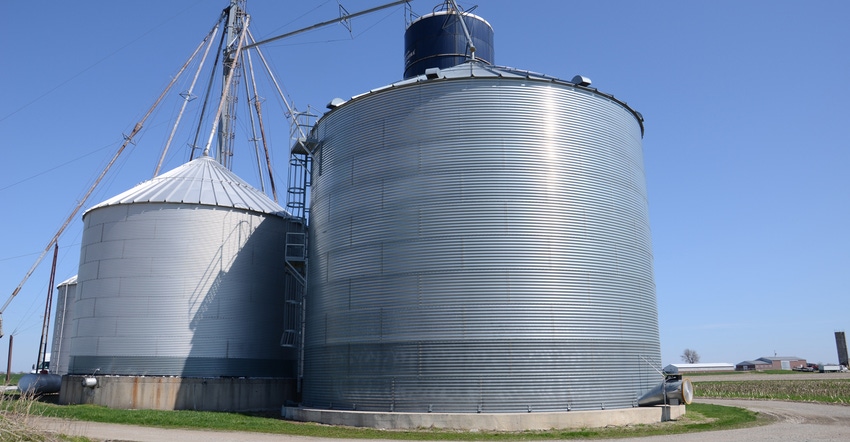February 3, 2020

There were no grain bin deaths reported in Indiana in 2018. Unfortunately, Indiana’s luck has changed. An 18-year-old man died in a grain bin entrapment near Waveland in late 2019. On Jan. 6, a farmer died in a grain bin entrapment in Wabash County.
What did these incidents have in common? Bill Field believes both could have been avoided. Field is the Purdue University Extension farm safety specialist. He’s the guy who spearheaded an effort more than 20 years ago to place 17,000 warning labels on grain bins, working through FFA chapters. He’s the guy who conducted hundreds of training sessions for both farmers and first responders, and coordinated efforts for others to conduct training sessions, too.
He’s also the guy whom emergency personnel call for advice. And when someone dies in a grain bin, sometimes he’s the guy who visits survivors, attempting to determine why it happened.
“I recently visited with the parents of the 18-year-old who died in the grain bin near Waveland,” Field says. “I received calls from the site of the Wabash incident. More recently, I took a call from a fire chief who had a grain entrapment incident in his community.”
Field sums up decades of frustration from trying to get the word out, trying to prevent these tragedies, with six simple words: “None of these should have happened.”
Danger remains
Perhaps the saddest truth of all is that history says it’s only a matter of time before Field’s phone rings again. Unless there’s a sudden change in behavior, a recognition of the silent killer lurking inside every grain pile, someone else will become entrapped. Data collected by Field and his staff covering grain bin entrapments across the U.S. indicate the majority of entrapments are fatal. The victim seldom walks away.
Grain storage experts report the time of year that favors grain going out of condition is fast approaching. Unless it is managed properly, grain still in storage in spring is at a higher risk for problems as temperatures warm outside. With more people storing grain further into spring and summer than even a few years ago, hoping for better prices, the odds for problems increase.
You can find stories about storing grain properly on the Indiana Prairie Farmer website and in the magazine. You can also find stories about staying safe around grain bins. But unless you make a conscious effort to do things the right way, even if it’s not the easiest way, all the stories in the world won’t help.
Who will be Indiana’s next grain bin fatality? Will it be you? Your employee? Your son?
Who will Bill Field visit next, under the most unpleasant circumstances? Will it be your widow?
Only you can make sure it’s not you. Now is the time!
Comments? Email [email protected].
You May Also Like




